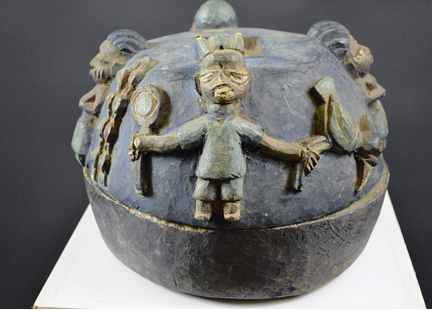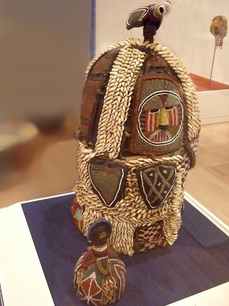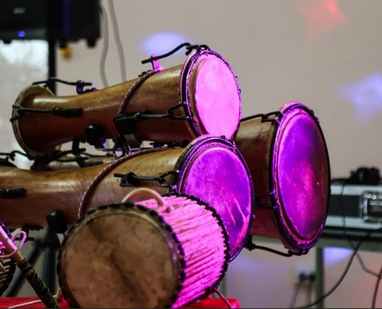
support@yorubalibrary.com
+2348073529208, 07038599574

The Olúgbón family is one of the most distinguished lineages in Yorubaland, remembered for authority, wisdom, and an unbroken chain of tradition. In Yoruba culture, the Olúgbón is not just a family name—it is a title of prestige that shows leadership and ancestral guardianship.
For descendants, being part of the Olúgbón lineage is a source of honor and respect, signifying a direct link to Yoruba history and governance. For learners and admirers of culture, the Olúgbón family represents how Yoruba society organizes authority, preserves customs, and passes down sacred responsibilities across generations.
Origins of the Olúgbón Lineage
The Olúgbón lineage is rooted in the history, where its forefathers held great authority. Their influence was closely tied to rulership and advisory roles in matters that affected the people. The Olúgbón is recognized as part of the earliest Yoruba traditional rulership systems, symbolizing stability and power.
If you want to know the detailed ancestral beginning of the Olúgbón title, kindly share your interest in the comment section, and we will provide more depth for engaged readers.
The Title of Olúgbón and Its Cultural Role
The Olúgbón title is among the foremost Yoruba ruling houses. Historically, the Olúgbón has stood in line with other prominent chieftaincies, contributing to governance, justice, and the protection of tradition. Holders of this title are highly regarded for their role in sustaining order and maintaining the sacred identity of their community.
This cultural role highlights how Yoruba society balances leadership across several ruling families, ensuring unity and continuity in governance.
Oríkì of the Olúgbón Family
The Oríkì of Olúgbón is rich with history and ancestral honor. It praises the strength, authority, and achievements of the lineage, reminding every descendant of their responsibilities. Check out the original eulogy of Olugbon descendants below:
Ijeni Agbe Omo Olugbon Saakin
Omo Aboduwaye, Omo Ayoleye
Alabi Agbe Omo Olori Ogun
Ogun ajaiweyin lo mu Ijeni wumi
Ogun ojojumo lo mu ‘le olugbon su mi lo
Omo agbojule ogun lalo,
Omo agbeburu ogun bo da bo
Omo ogun losan, Omo Ole loru
Omo Ole ti ki gb’Ewure
Omo Ole ti kii gb’Águtan
Ole ti won kii káta beeni kii kágbado
Iyawo oniyawo l’awon igbe
Omo Olori ogun o lo ree ko’le onile
Ko too de Ole ko tie naa lo
Omo Amoyedoba
Omo Oludosunmu
Taboos (Èèwò) of the Olúgbón Lineage
Every lineage in Yorubaland is guided by ancestral taboos (èèwò) that protect their heritage and regulate behavior. The Olúgbón family is no exception, as these taboos distinguish their lineage and must be respected at all times.
To discover the specific taboos associated with the Olúgbón family, kindly leave a comment explaining what you find most fascinating about this lineage.
The Significance of Oríkì in Yoruba Culture
For the Yoruba people, Oríkì is more than a chant—it is an echo of the ancestors. Through Oríkì, the identity of a family is preserved and transmitted. It ensures that no descendant forgets their origin, achievements, and the values expected of them.
For the Olúgbón, the Oríkì is both a source of pride and a reminder of their noble duties. It strengthens the bond between the past and present, keeping Yoruba tradition alive.
Unique Facts About the Olúgbón Family
• The family has traditionally been regarded as one of the highest-ranking ruling houses in Yorubaland.
• Certain sacred practices and rituals are unique to the Olúgbón family. If you’d like to know more about these exclusive practices, we encourage you to share your thoughts in the comment section.
Conclusion
The Olúgbón family remains a cornerstone of Yoruba heritage, symbolizing authority, respect, and continuity.
Need more? Browse through our Oriki Gallery today, at zero cost.

Learn about the Ajero family in Yoruba land—their …

Complete insight about the Alara family in Yoruba …